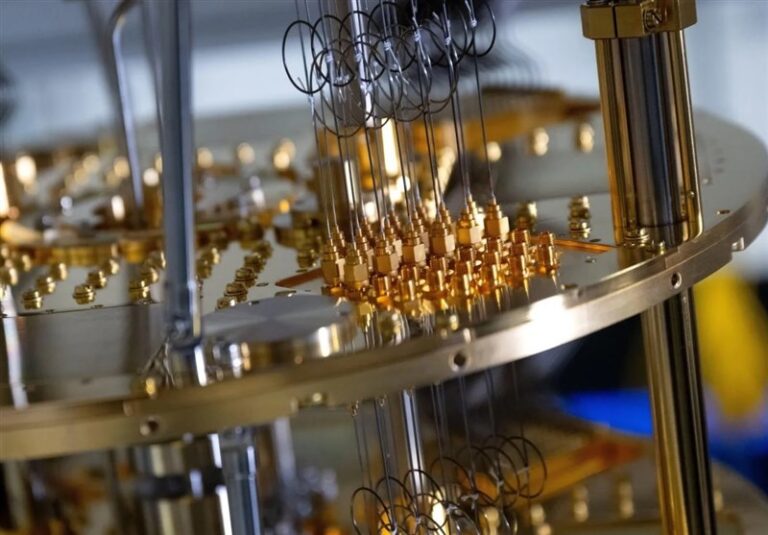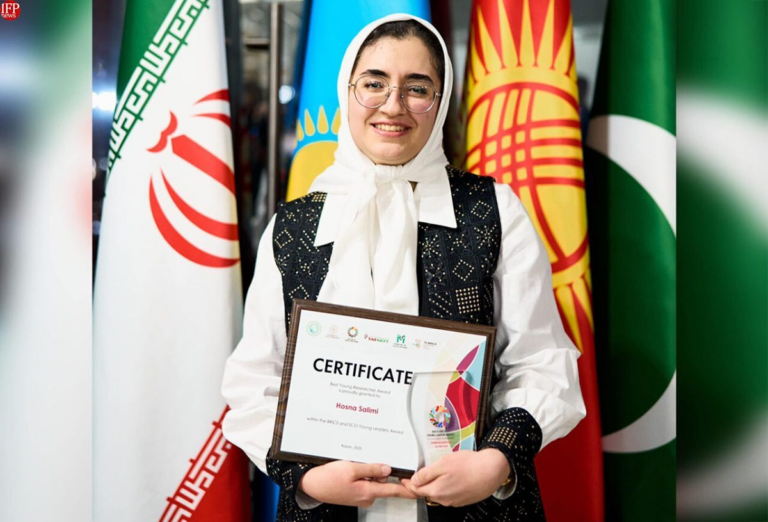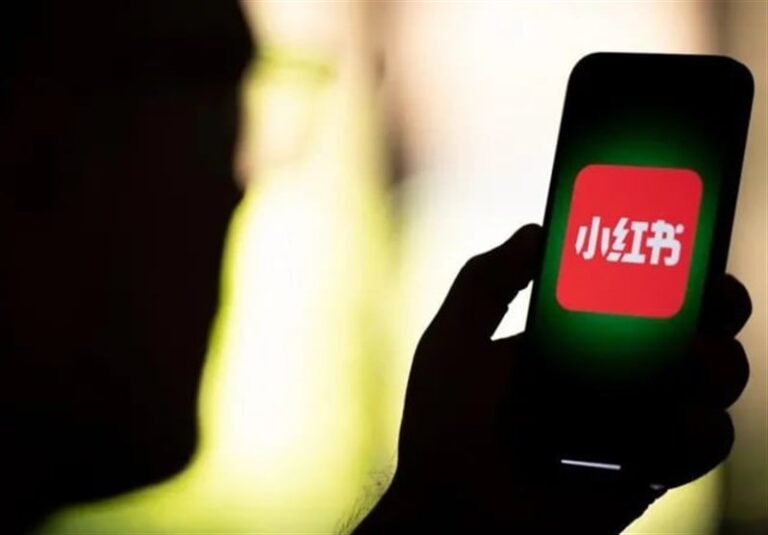
Similar Posts

Quantum Threat: A Rising Danger to Global Data Security
As quantum computers near practical use, experts warn of their potential to render current encryption methods obsolete, threatening military, financial, and personal data security. Scientists are urgently developing quantum-resistant cryptographic tools to counteract vulnerabilities. Quantum computers utilize qubits for efficient calculations, posing significant cybersecurity risks, especially with algorithms like Shor’s that could easily factor large numbers. The U.S. National Institute of Standards and Technology (NIST) is evaluating four post-quantum cryptographic candidates, while researchers explore various strategies to enhance data protection. Proactive measures are crucial, as hackers may store encrypted data for future decryption using quantum technology, highlighting the need for immediate action.

University of Tehran Student Honored as BRICS and SCO Young Researcher of the Year!
Hosna Salimi, an Iranian PhD student in Indian Studies at the University of Tehran, has been awarded “Young Researcher of the Year” at the 2025 BRICS and SCO Young Leaders Award ceremony in Kazan, Russia. Competing against over 400 participants from 13 countries, Salimi’s recognition underscores her significant contributions to research relevant to contemporary issues in BRICS and SCO nations. Nominated by the Asian Mayors Forum, her achievement reflects the university’s commitment to fostering global talent. This accolade highlights the importance of young leaders in addressing global challenges and serves as an inspiration for aspiring researchers and leaders.

Iranian Company Innovates Coronary NC Balloon Catheter, Slashing Import Costs by 50%
An Iranian knowledge-based company has developed a high-pressure coronary NC balloon catheter, significantly reducing the country’s reliance on imports and saving 50% in foreign currency outflow. This catheter, essential for coronary angioplasty, enhances cardiac care in Iran, which currently imports 450,000 such devices annually. Key features include high pressure resistance and enhanced stent expansion, aligning with national goals for healthcare innovation. The local production will lower import dependency, create jobs, and potentially position Iran in the international medical device market. This advancement highlights the capabilities of Iranian companies to innovate and improve healthcare solutions.

TikTok Users Turn to RedNote as Ban Looms: The Rising Star of Chinese Social Media
As rumors of a TikTok ban grow in the U.S., many users, dubbed “TikTok refugees,” are migrating to RedNote, a popular Chinese app that combines features of TikTok and Instagram. With approximately 300 million monthly users, RedNote has quickly topped the Apple US App Store. As the U.S. Supreme Court considers a potential TikTok divestment, users are sharing tips on RedNote, despite concerns over censorship similar to those associated with TikTok. New users appreciate the sense of community and cultural insights RedNote offers, while some express worries about privacy and navigating the app’s Mandarin interface.

Unlocking Earth’s Potential: Massive Natural Hydrogen Reserves Promise Sustainable Energy for Years to Come!
Recent research reveals that Earth’s crust can generate enough hydrogen to meet global energy needs for 170,000 years, thanks to vast underground reservoirs. Identified in at least 30 U.S. states, these natural hydrogen deposits can be located by understanding specific geological criteria. A study led by Chris Ballentine from the University of Oxford outlines the necessary conditions for hydrogen production, including a source, reservoir rocks, and geological seals. Exploration companies are actively investigating these conditions, particularly in regions like Kansas. The findings present a promising avenue for cleaner energy, as natural hydrogen forms without industrial processing, reducing carbon emissions significantly.

Study Uncovers How Mitochondrial Stress Sabotages Insulin Production in Diabetes
Researchers at the University of Michigan have discovered that mitochondrial dysfunction significantly affects insulin-producing pancreatic β-cells in diabetes, potentially reversible damage. Mitochondria, crucial for cellular energy, show defects in diabetic patients, hindering insulin production and blood sugar regulation. The study employed mice to explore how damaged mitochondria activate stress responses, impairing β-cell functionality. Remarkably, treated β-cells recovered their glucose-regulating abilities, suggesting that reversing mitochondrial damage could restore their function. The team aims to replicate findings in human samples, opening paths for innovative diabetes treatments by targeting disrupted cellular pathways to improve insulin production and regulation.